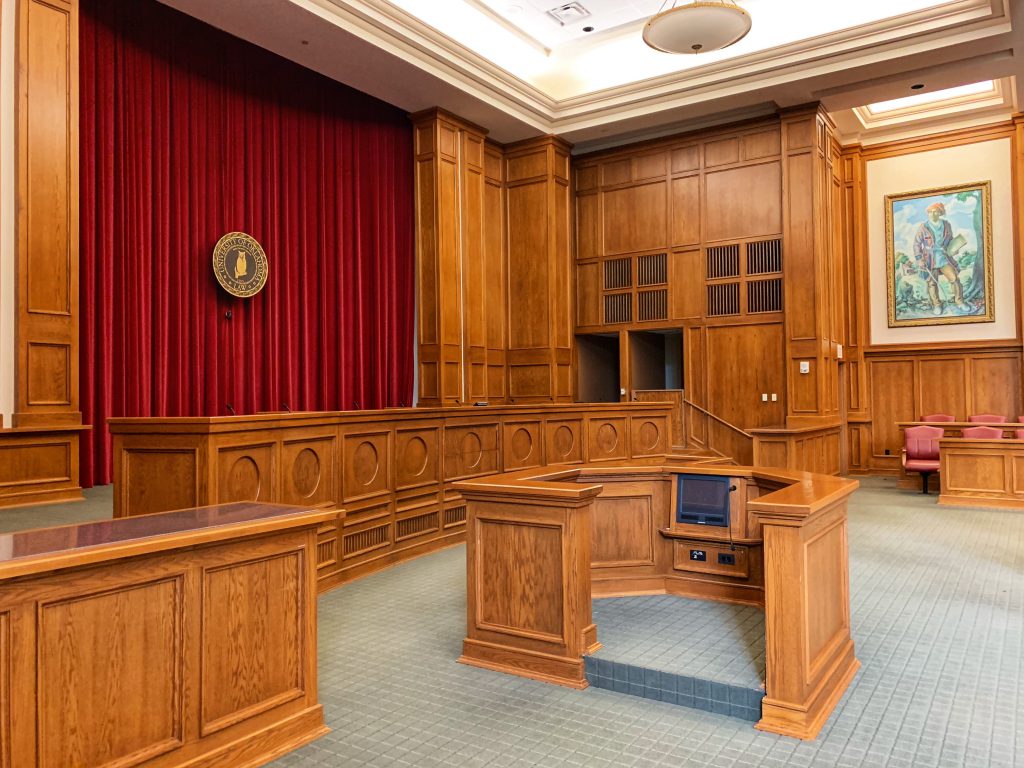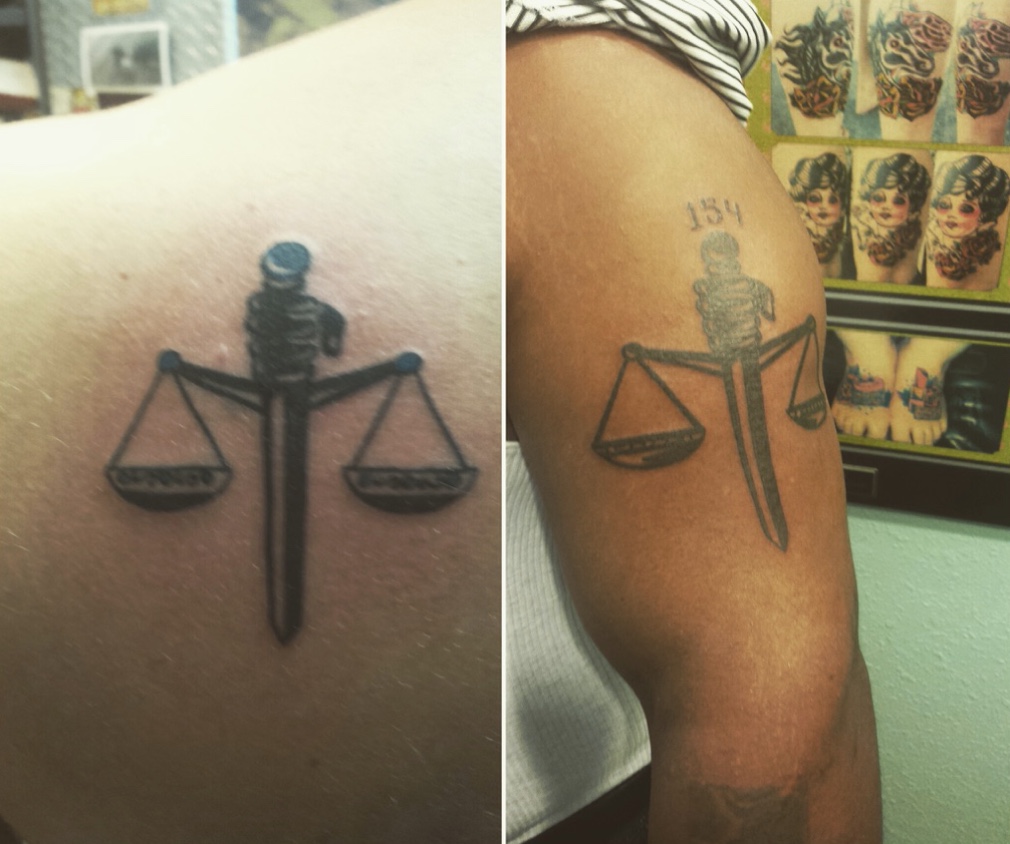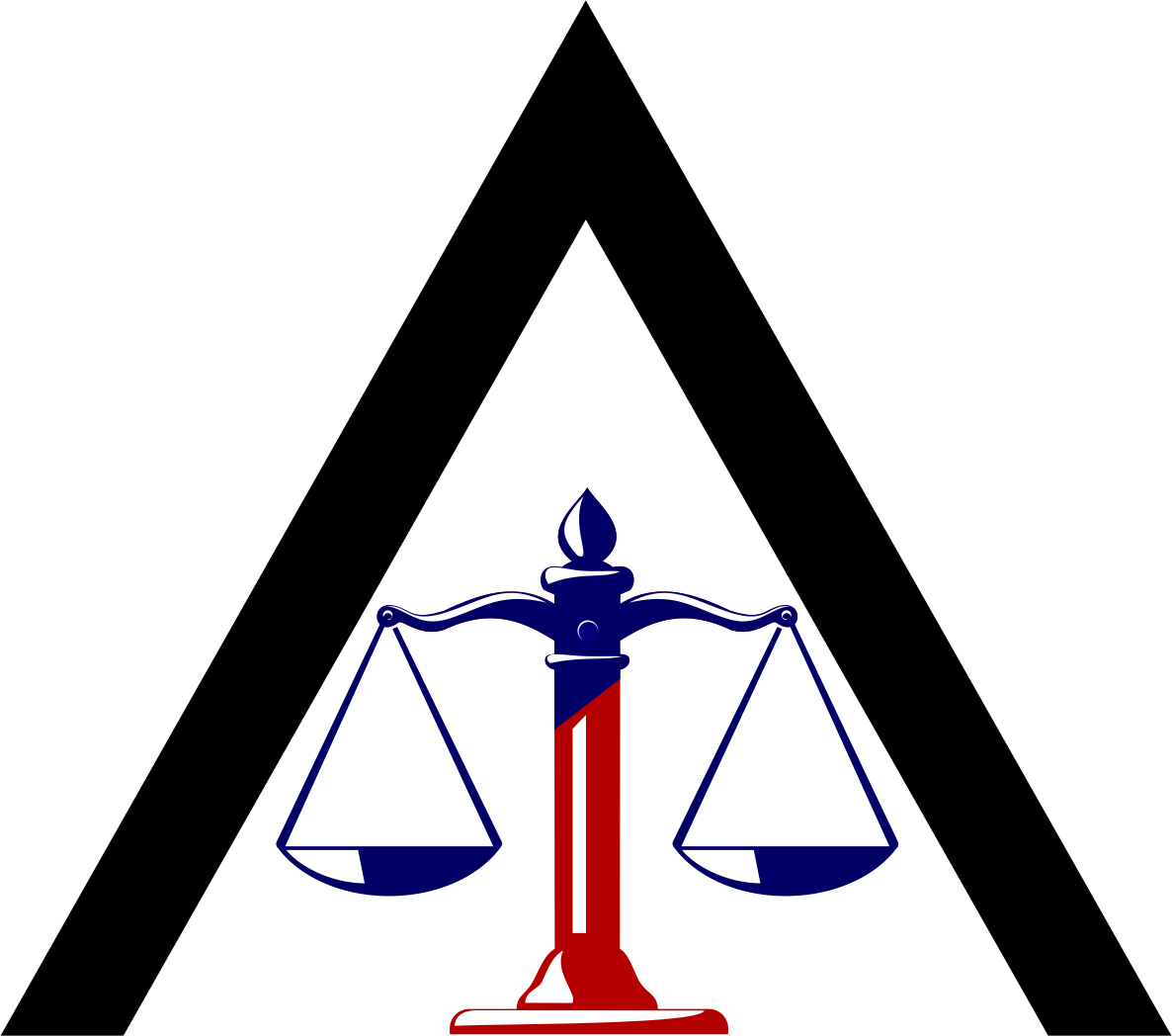June 13, 2022
In November of 2021, six law professors and the Civil Rights Corps (Plaintiffs) filed suit against Georgia Pestana and five other criminal justice personnel in Queens, NY (Defendants) claiming prosecutorial misconduct. The conflict arose when the plaintiffs created a website where they posted the Grievance Complaints and urged people to reach out to the Queens County Grievance Committee regarding the allegations in their complaints. James Johnson, the then-corporation counsel for New York City, sent letters to each grievance committee member expressing concern about the plaintiffs’ website. The content of the letters was based on §90(10) of the New York Judiciary Law that states “all papers, records, and documents . . . upon any complaint, inquiry, investigation, or proceeding relating to the conduct or discipline of attorneys shall be sealed and deemed private and confidential.” The plaintiffs then received a letter that notified them that any investigation into the grievance complaints would be issued sua sponte by the grievance committee and kept confidential. This second letter dismissed the plaintiff’s complaints and denied them to access to information about the proceedings. These two letters provided the basis for the plaintiffs’ Complaint. In the lawsuit, the plaintiffs allege (1) that defendants retaliated against the professors and thus violated their first amendment rights; (2) violation of the Equal Protection Clause in the Fourteenth Amendment; (3) that §90(10) violates both the First Amendment and Article 1 §8 of the New York Constitution; (4) the defendants violated the United States Constitution and the New York Constitution by denying the plaintiffs their right to access government records; and (5) if the court finds that §90(10) is constitutional, defendants must allow access to the records at issue under New York’s good cause exception. The plaintiffs moved for summary judgment on their third claim. The court found that a State prohibiting individuals from publishing correspondence and documents related to a grievance complaint is a violation of the First Amendment. Thus, §90(10) is unconstitutional as applied to the plaintiffs’ case. The court granted the plaintiffs’ summary judgment motion with regards to the third claim, the defendants must file an answer and the remainder of the case will proceed to litigation.




